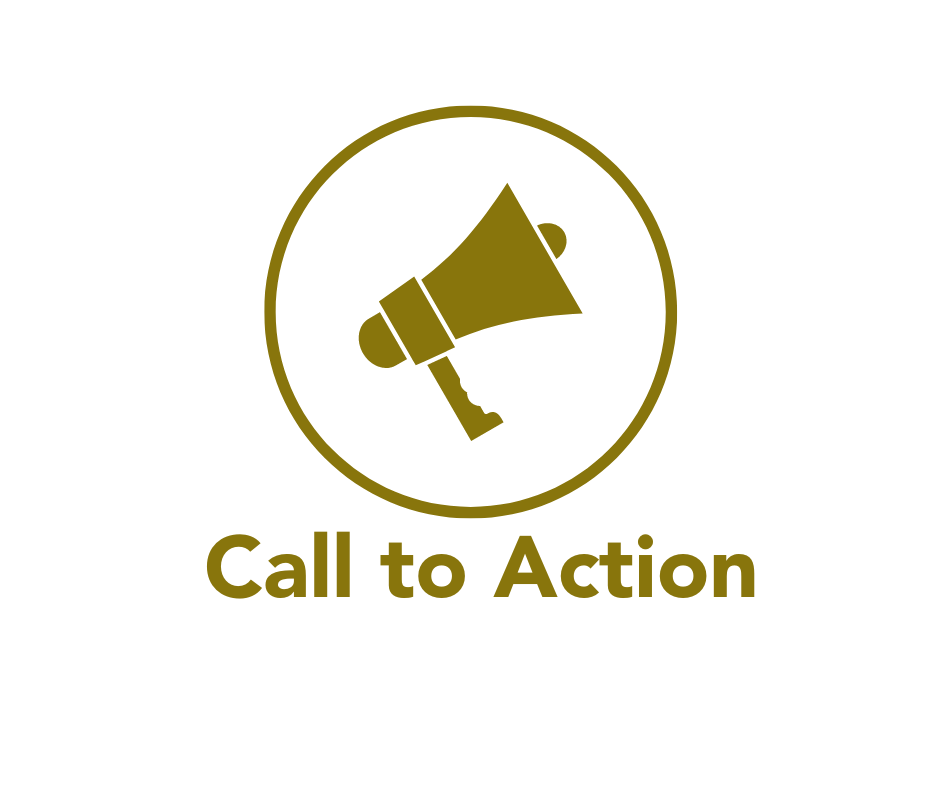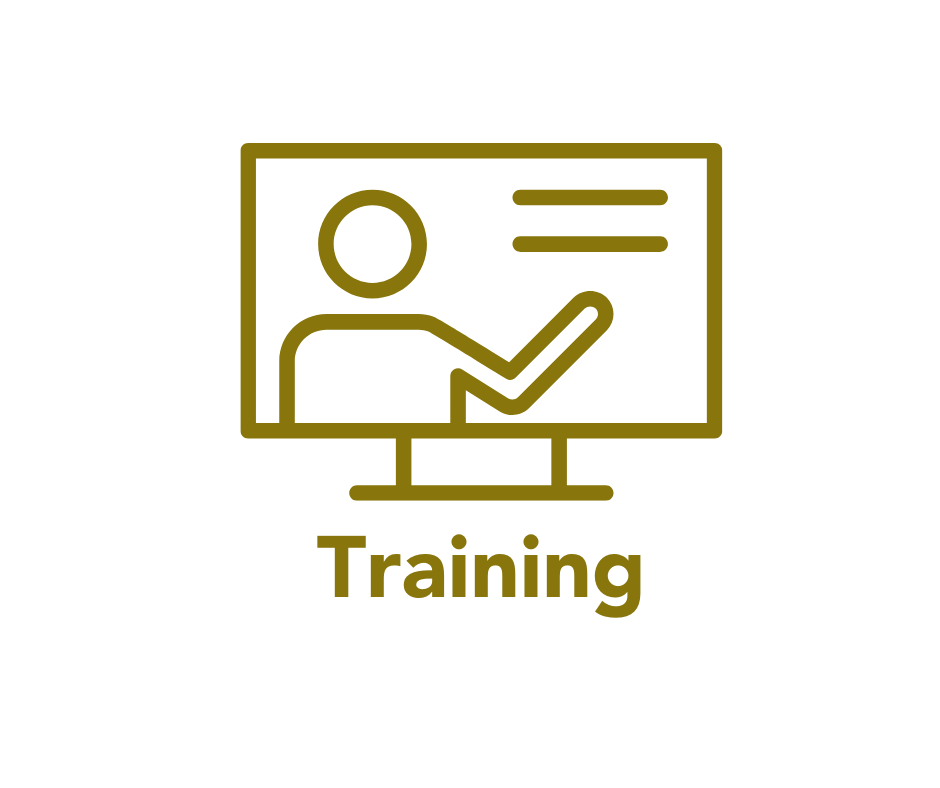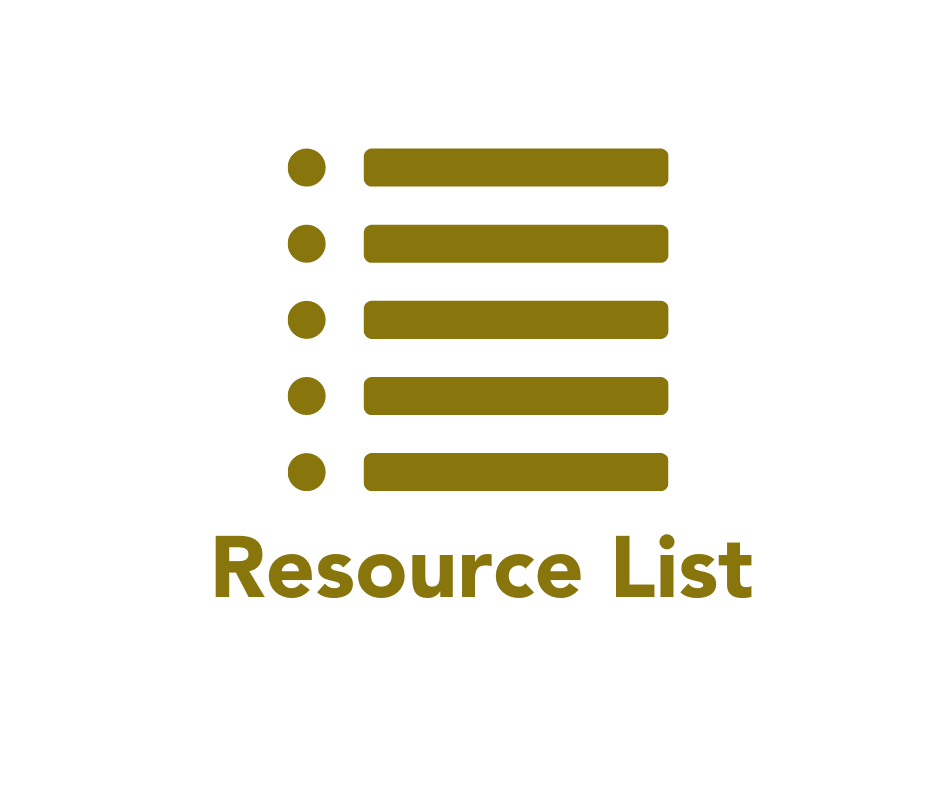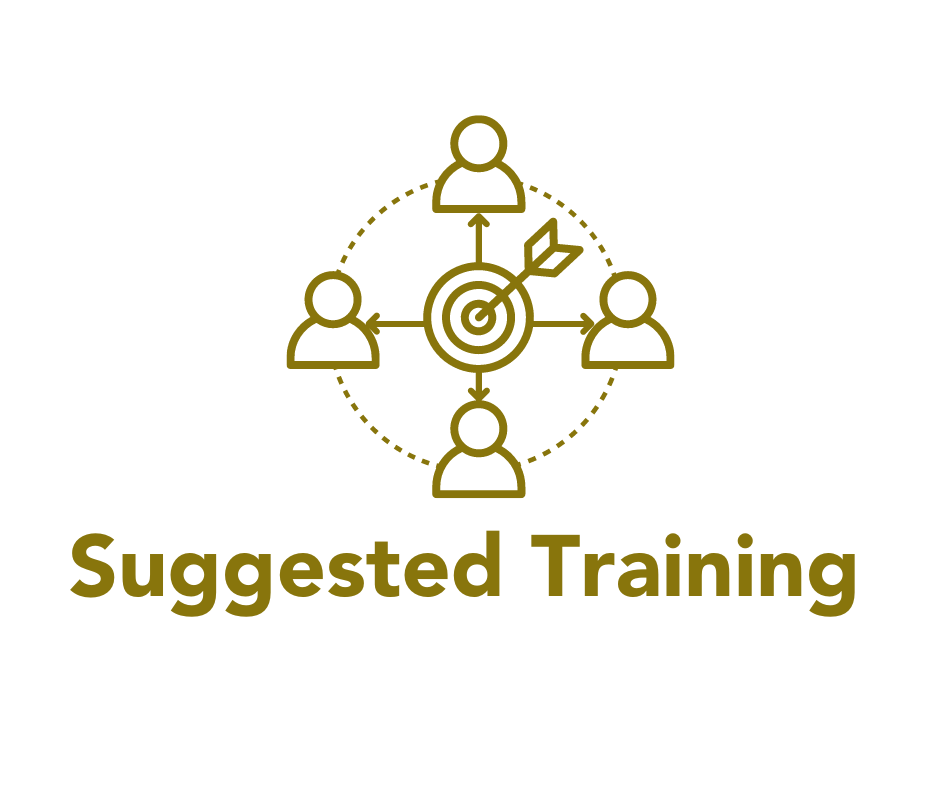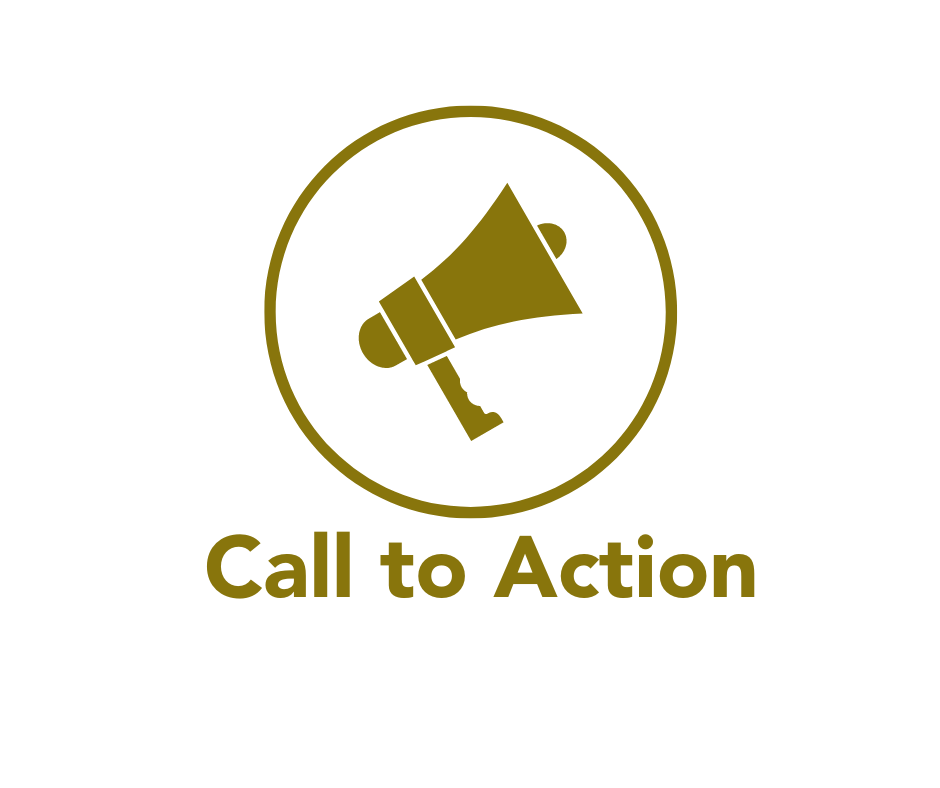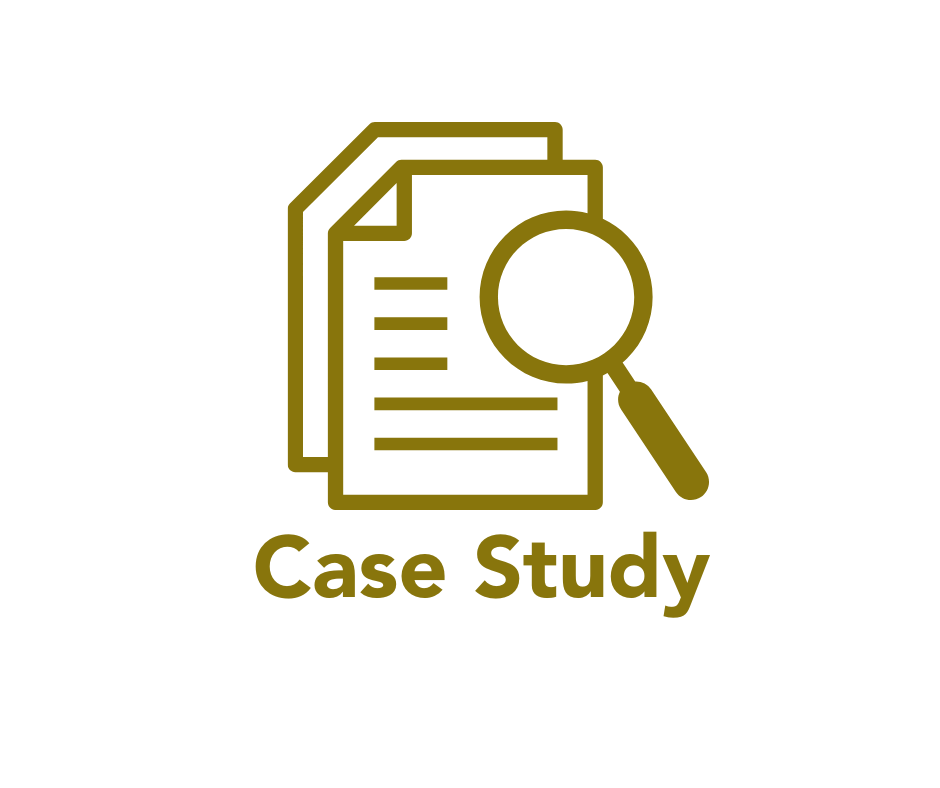Section outline
-
Understanding racism is vital to addressing it. Organisations should make space for conversations and learning about what racism is (both interpersonal and systemic), its history and effects, and how racial inequity is maintained - especially amongst those who have never personally experienced racism.
Organisations should articulate a commitment to anti-racism, supported by strategies, operational policies and redress mechanisms.
Actions
- build organisational racial literacy, including a recognition and understanding of racism, its history and effects, and how racial injustice is maintained. Provide opportunities and encourage staff to reflect individually on how race affects their perspectives and lives, and that of colleagues and others. Consider providing anti-racism, unconscious bias, allyship and bystander training, especially to those who have never personally experienced racism, and as part of onboarding training. Build an organisational culture where these issues are freely and thoughtfully discussed, supported by appropriate mental health supports.
- articulate an organisational commitment to the pursuit of racial justice, including through establishing anti-discrimination, bullying and harassment policies, mechanisms to redress grievances, and guidance on identifying and challenging racist behaviour in the workplace.
- work to share and improve understanding of these matters among stakeholders and constituents, including governing bodies, partners, donors and vendors, and to incorporate this understanding in efforts to influence public policy.
Example- IWDA has published an organisational statement on their commitment to anti-racism, including an apology for harm done. They have also introduced a six-session anti-racism learning program for staff, with related learning modules on First Nations justice, cultural diversity, LGBTQIA+ inclusion, disability inclusion, and generational diversity and gender equity. A management development program has been established to create consistent management practices.
- Good Return’s cultural diversity focal points facilitated a workshop to their Board, aiming to build understanding of why cultural diversity and anti-racism matters to the organisation and its staff. Based on a 2020 ACFID Conference session, the workshop covered privilege, systemic racism, unconscious/implicit bias, statistics on experiences of racism in Australia and the cultural background of Australian leaders, and included time to brainstorm ideas for action.
- Uniting World has helped their partners (including those between which cultural or historical friction exists) connect via regional networks and conferences. The exposure has been important for relationship building and cross-cultural understanding, and also for decolonisation. The practice has facilitated shifts including changing the default language of their meetings from English.
- Good Return purchased a webinar on ‘Decolonizing Development’ and held group discussions reflecting on racial injustice and how it can be perpetuated in the international development sector. They explored ways their organisation could not only be culturally diverse and inclusive, but champions of anti-racism in their work. Small group discussions connected team members who don’t often have contact with each other across different offices and countries, reflecting on the webinar topics to discuss their different views, experiences at work, and learnings. Consequently, the organisation’s Board has increased representation of those with an Asia-Pacific cultural background from zero to three (of ten).
- IWDA has introduced a misconduct reporting app called #NotMe for staff to anonymously report any kind of discrimination, microaggression, or other relevant incident witnessed or experienced. They have established a Respect & Dignity at Work Contact Officer Network who are also Mental Health First Aid-accredited and introduced culturally-responsive and intersectional wellbeing counselling services.
Resources
Racism at Work: How Organisations Can Stand Up to and End Workplace Racism (2022)Downloads a Word document
Racism at Work is the Diversity Council of Australia’s evidence-based organisational framework for anti-racism action, to help Australian businesses effectively address racism and support racial diversity and inclusion in the workplace. This ACFID resource draws heavily on this work.
Credit: Diversity Council AustraliaThe DEI Compact: INGO Commitments toward Greater Diversity, Equity, and Inclusion (2022)Downloads a Word document
InterAction is the largest U.S.-based alliance of international NGOs and partners. Its DEI Compact outlines a variety of commitments to improve INGO programming, operations, learning, and advocacy around DEI. See also the related Resources for Practical Implementation.
Credit: InterActionLet’s Talk Race: A Guide (2019)Downloads a Word document
Let’s Talk Race, developed by the Australian Human Rights Commission, aims to assist Australian organisations in conducting conversations about racism. It can also be used to assist in facilitating conversations about racism after an incident has occurred.
Credit: Australian Human Rights CommissionAwake to Woke to Work: Building a Race Equity Culture (2018)Downloads a Word document
Five steps to building a race equity culture.
Credit: Equity in the CenterHow to Call Out Racial Injustice at Work (2020)Downloads a Word document
Five strategies to mitigates risks associated with about racial injustice at work.
Credit: Harvard Business ReviewRight to Be: Bystander Intervention Training
A US-based organisation that delivers training (some free) to help people better respond to, intervene in, and heal from harassment.
Credit: Right To Be’sDismantling White Supremacy in Humanitarian/Development Sector (2020)Downloads a Word document
A comprehensive, crowd-sourced list of resources and concrete actions that those working in the humanitarian sector can take to better confront white supremacy and systemic racism.
Credit: Nadine El-Nabli and Anna MyersAnti-Racism Resources and Facilitators (2020)Downloads a Word document
Bond is a UK network of diverse civil society organisations that work to eradicate global poverty, inequality and injustice. It has compiled a list of information, resources, reading lists and facilitators to help NGOs start to become actively anti-racist.
Credit: BondAdditional Resources
Suggested Training
Here is a list of suggested training organisations from the ACFID membership. Please note that ACFID has not received training from all these organisations, and this list is not an endorsement. You will need to do your own due diligence around cultural safety and inclusivity.
-
Organisations should build workplaces where racially marginalised colleagues are included at all levels of decision making, feel free to speak of their experiences, and where their authoritative contributions to racial justice are recognised and remunerated.
Actions
- build mechanisms for racially marginalised colleagues to reflect on workplace practices and experiences (‘employee resource groups’ or ‘affinity groups’.)
- hear directly from racially marginalised colleagues about workplace practices, especially at a leadership level, and even where leaders consider themselves allies with an understanding of the issues. Recognise that the reflections of racially marginalised colleagues may differ, as a result of different experiences with intersecting dimensions of marginalisation, including Indigeneity, sexual orientation and gender identity, disability, class, religion, etc.
- work with racially marginalised colleagues to co-create organisational anti-racist initiatives.
- address psychological and cultural safety, so that those who are racially marginalised feel free to speak up about their experiences without fear of exclusion or retribution. Aim for genuine racial diversity and inclusion rather than tokenism. Invite humility amongst those who are racially privileged, dealing with reactions of dismissiveness, defensiveness, or anger when their ideas about racism are challenged.
- recognise that racially marginalised colleagues’ participation in anti-racist work can be tiring and is optional. Recognise and remunerate work done by racially marginalised colleagues to build the organisation’s racial literacy, especially if it is beyond their organisational function.
- review workplace policies for racist effects, especially those that may be indirect or unintentional.
Example- Oxfam Australia has started an informal Women of Colour group designed to be a safe space to seek peer support and speak of experiences or issues. It was agreed that the emotional labour of looking for solutions should not fall on people of colour, so at present the group meets monthly for brainstorming and discussion, sharing experiences and venting.
- ACFID’s Racial Justice Community of Practice runs an informal affinity group for people of colour working in international development and humanitarian action. The group meets to reflect on how the dynamics of racial power and marginalisation play out in the workplace and share experiences and support; to learn about racism and anti-racism in a supportive and candid environment; and to progress anti-racist work in and amongst ACFID members.
- As part of Action Aid’s workplace learning, feminist approaches have informed and provided tools for valuable learning about racism, such as the 'fishbowl' exercise. Using clear and careful rules of engagement and an opt-in basis, staff of colour and people with migrant experiences sat in a closed circle discussing their experiences in Australian society and the workplace, while white staff sat quietly and only listened. The exercise was able to build on a safe organisational environment that was already quite diverse and where lived experience is recognised as a value-add rather than an issue of cultural fit.
- Oxfam Australia’s Board co-created a statement on psychological safety to guide ways of working that respects diversity and recognises systemic privilege and power dynamics. Furthermore, updated policies ensure that costs associated with Board participation, both direct (e.g. travel and accommodation), as well as indirect (e.g. childcare), are not discriminatory.
- Similarly, the Action Aid Board has made changes to its ways of working, making sure voices are respectful, but that dissent is also surfaced. Discussions on Board culture as well as working for critical mass and to avoid 'us and them' mentalities have taken place. It is understood from feminist theory and intersectional feminist theory that marginalised people need not just a seat at the table, but also a voice and a say.
- IWDA has reviewed all people-related policies, in consultation with staff, to address / remove any systemic / process-related bias / discrimination. It continues to update policies with this lens. They are also developing inclusive meetings guidelines.
-
IWDA has established new staff working groups focused on Women of Colour, First Nations justice, Disability inclusion and LGBTQIA+ inclusion and rights, and a “River of Change” steering committee to develop a “River of Change” linked to organisational culture change.- IWDA has hired its first-ever Culture and Transformation Advisor.
Resources
ACFID Connect: Race and Diversity in the Sector (2021)Opens in a new tab
A 2021 panel discussion of and for ACFID members about racism and diversity in the Australian international development sector.
Credit: ACFIDYielding & Wielding Power (Decolonisation & Locally Led Development Toolkit) (2021)Downloads a Word document The Yielding and Wielding Power Toolkit is a collection of question sets and short 'how-to' guidance, based on a discussion paper of the same title. While contextualised for Pacific and Australian practitioners, much of it is applicable or adaptable for other contexts. The toolkit sets out practical options for individuals and organisations to further the decolonisation and locally-led agendas.
Credit: ACFID & La Trobe UniversityTime to Decolonise Aid (2020)Downloads a Word document Recommendations from a three-day international online consultation on how racism manifests itself within the humanitarian, development and peacebuilding sectors.
Credit: Peace Direct, Adeso, the Alliance for Peacebuilding, and Women of Color Advancing Peace and SecurityRacism in Aid Survey (2022)Downloads a Word document The report of the House of Commons International Development Committee on racism in the aid sector.
Credit: UK ParliamentWe Need to Talk About Racism in the Aid Sector (2018)Downloads a Word document
Credit: Tindyebwa Agaba
Time to dismantle racism in international development (2020)
A guide from Bond’s Engagement and Equity Manager with five things senior leaders working in international development need to do now to address racial inequality.
Credit: Lena BheerooAnti-racism in the aid sector: A call for all of us to act and accelerate change as individuals, organisations and as a sector (2020)Downloads a Word document A case for structural change and the relevance of anti-racism in the aid sector, for leadership and localisation, written by a CARE International Executive during COVID-19.
Credit: Andres Gomez De La Torre Barrera -
Racial bias in hiring and promotion can reaffirm racism by encouraging selection of applicants who exhibit attributes associated with racial privilege. Organisations should review their processes to mitigate these prejudices and systemic biases as far as possible.
Actions
- set public diversity targets across all levels of the organisation.
- expressly encourage racial diversity in the application process, and advertise broadly, including in avenues more likely seen by racially marginalised people. Consider the use of specialty recruiters. Articulate why the organisation is an attractive and culturally-safe workplace for racially marginalised applicants.
- include salary range information in job advertisements.
- pay interns and Board members.
- involve racially marginalised people as decision makers in the application process.
- use structured assessment processes and evidence-based scoring systems that employ clear criteria that consider relevant skills and experience rather than specific qualifications, racially-privileged leadership styles, interviewing skills, cultural fit, or likeability, all of which may be avenues for racial bias, whether conscious or not.
- value global experience, multilingual skills, and cultural knowledge.
- make it easier for racially marginalised people to participate equitably in the workforce, including by recognising a diversity of holidays, and ensuring work social events are racially inclusive.
- if they choose to, profile successful racially marginalised colleagues as role models.
- establish mentoring and networking programs for racially marginalised colleagues.
- include anti-racism considerations in standard staff performance appraisal processes.
Example- Oxfam Australia adopted mandatory quotas, including to strengthen the participation of First Nations People and other people of colour, so that they constitute at least 30% of their Board. The quotas represent floors, not ceilings. To facilitate these reforms, the Board also amended its policies so that the recruitment process is required to actively seek broader diversity in relation to gender, Indigeneity and race, age, and socio-economic background. Position descriptions were checked to remove bias, and applications from diverse candidates were explicitly encouraged.
- Action Aid expresses an intentional commitment for diversity in advertised positions and widens their recruitment field through advertising channels. Selection avoids tokenism by targeting skills and expertise, together with a principle of ensuring there is a diverse range amongst shortlisted candidates. The policy does not limit hiring to Australian citizens, meaning there is no barrier to employment for non-citizens and migrants. At the interview stage, Action Aid utilises questions in their recruitment process to actively seek values alignment, including specific questions about taking action on anti-racism and diversity. Assessment also includes observation of how candidates interact with diverse members of the recruitment panel.
- WaterAid built their expression of interest form with consultation from external people of colour and included consideration of where to advertise, networks to engage, and communicating the desire for diversity. Facilitation support and feedback was sought from consultancy Mind Tribes, one Board member of Pasifika background, and women of colour within WaterAid's networks. WaterAid recognises that the aim is not to test interview skills but candidates' skills relevant to the position. To reduce such potential biases of the interview process, the panel chair contacted the shortlisted candidates prior to conducting interviews, for an introduction and an overview of the interview topics and questions.
- IWDA has introduced a new, de-biased recruitment system to ensure they are doing all we can to remove unconscious bias from recruitment processes. They have tweaked the way the system is applied to take an affirmative action approach and boost candidates with relevant cultural competence in the regions where they work.
Resources
Racism, power and truth: Experiences of people of colour in development (2021)Downloads a Word document Bond’s report that explores the experiences of people of colour working for UK international development organisations, both those based in the UK and overseas.
Credit: BondMaking Compensation More Equitable (2022)Downloads a Word document Six steps to better closing pay gaps, and developing a thoughtful compensation philosophy.
Credit: The Management Center -
Organisations should better use data, both quantitative and qualitative, to understand their racial justice challenges, their progress made, and to inform future anti-racist initiatives.
Actions
- use data to better understand the form, extent and impact of organisational racial justice challenges and the progress made. This can include applying a racial lens to general organisational data on employment representation (self-identified), retention, training participation and promotion; salary gaps; affirmative measures and reasonable adjustments; grievances; and exit interviews and surveys of sentiment on workplace flexibility, wellbeing, and inclusion. It can also include specific consultations with employee resource groups.
- use this data to better inform the case and strategy for future anti-racist initiatives.
- increase transparency of this data, and communicate freely about organisational anti-racist work, goals, challenges and progress.
Example- Good Return developed and rolled out a Cultural Diversity Tracking Survey in order to gauge the cultural and ethnic makeup of the organisation, to interrogate different group perceptions of opportunities for promotion and professional development, and their sense of engagement.
- ACFID has amended its Annual Statistical Survey of members to better benchmark racial diversity. In addition to asking about the existence of reconciliation action plans and other reconciliation initiatives with First Nations people, a new section of the Survey asks members about:
- the existence of policies intended to counter racism, and mechanisms to hear from racially marginalised staff about their implementation
- measurement of Board and staff diversity, and public reporting on these, and
- representation of developing country stakeholders on the Board and other governance structures.
- Oxfam Australia works to ensure continual visibility of its cultural fitness. Metrics are included in regular Board reporting and tied to the CEO’s performance assessment.
- IWDA now have 50% women of colour on their Board. The first woman of colour has been appointed in the CEO role, increasing representation of Executive Leadership Team to 60%.
Resources
Leading for Change: A Blueprint for Cultural Diversity and Inclusive Leadership Revisited (2018)Downloads a Word document This resource from the Australian Human Rights Commission provides independent research to better illustrate the status of underrepresentation in diversity in senior leadership in private sector, politics, government and universities. The report also highlights what leaders and organisations are doing to support cultural diversity and inclusion.
Credit: Australian Human Rights CommissionWorkplace Cultural Diversity Assessment Tool (2022)Downloads a Word document A free, 40-minute organisational assessment covering key initiatives in management, strategy, recruitment, selection, retention, inclusion and monitoring performance, as they relate to cultural diversity and anti-racism.
Credit: Australian Human Rights CommissionCounting Culture: Six Principles for Measuring the Cultural Diversity of Your Workplace (2021)Downloads a Word document The Diversity Council of Australia and University of Sydney Business School has developed a standardised approach for defining, measuring and reporting on workplace cultural diversity in a respectful, accurate and inclusive way.
Credit: Diversity Council AustraliaBRIDGE: Benchmarking Race, Inclusion & Diversity in Global Engagement (2023)Downloads a Word document BRIDGE stands for Benchmarking Race, Inclusion, and Diversity in Global Engagement. BRIDGE is an institutional survey that explores diversity, equity, inclusion, and accessibility (DEIA) metrics, structures, and practices at the organisational level across US-registered organisations in the international development and humanitarian sector.
Credit: Social Impact

